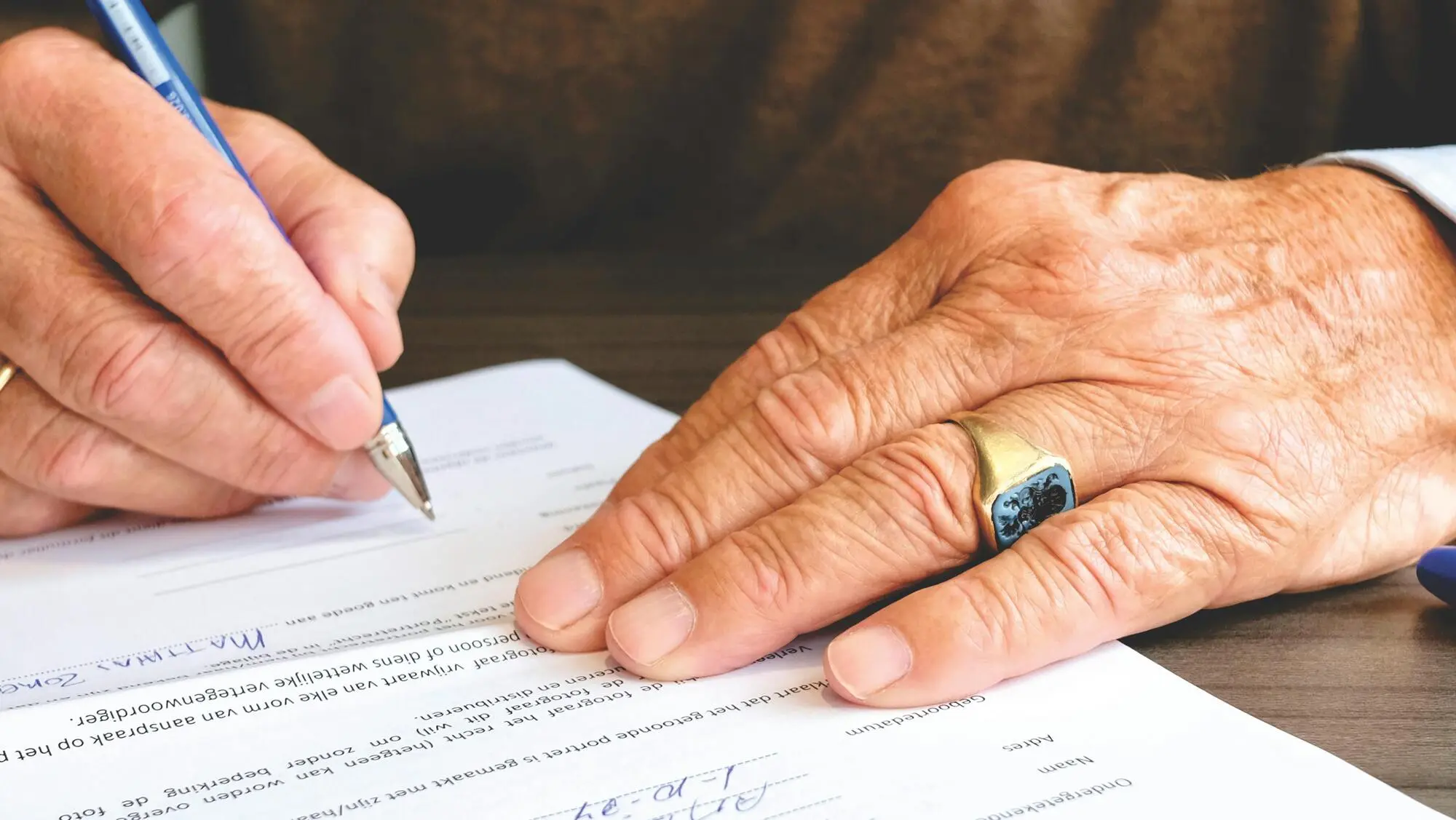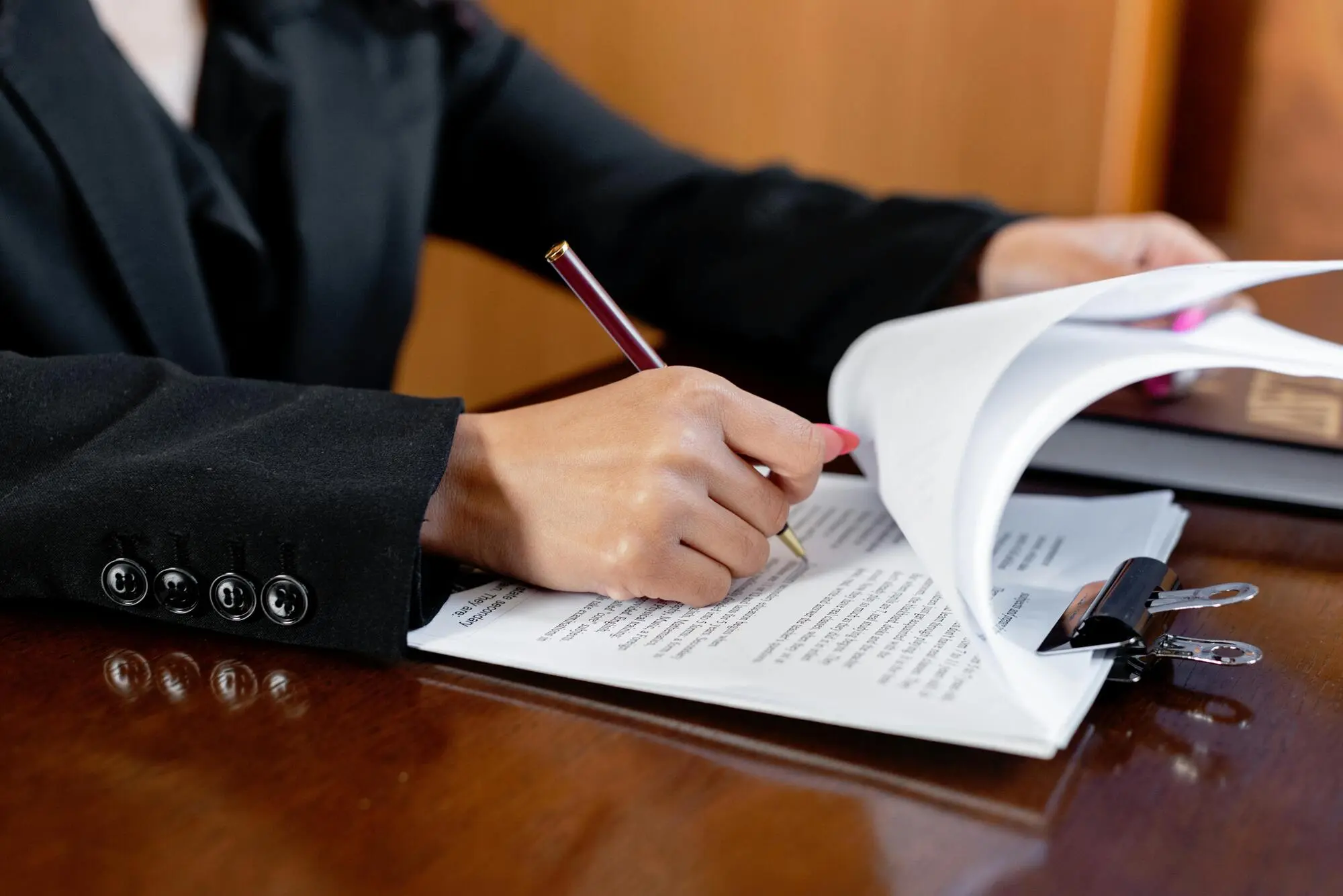Need Help Protecting Beneficiaries From Creditors?
You’ve set up a comprehensive, legally durable asset protection strategy. You’ve listened to the advice of your attorneys, and you’ve placed valuable assets ranging from liquid capital to real estate and more into an offshore asset protection trust.
Now you can rest assured that your beneficiaries will be able to reap the rewards of your hard work and successful business ventures without having to worry about creditors or lawsuit payments. Right?
Sometimes. Like with many things about trust law and asset protection, whether or not your beneficiaries and assets are protected depends on the circumstances and the details of your trust. Let's take a closer look.
Trust Beneficiaries and Distributions
When you set up a trust, you’re required to name at least one beneficiary. The beneficiary is the individual or entity that receives distributions from the trust, which can include monetary payments, real estate principal ownership shares, or anything else.
Many asset protection trusts have several beneficiaries, including their original grantors (the individuals who set up the trust and transfer assets into the trust vehicle). This is a common, highly effective strategy for high-net-worth individuals – you want to protect your wealth, yet still benefit from it at the same time.
With the help of a firm like Dominion, you can set up an asset protection trust that keeps your assets safe from the grasp of creditors or lawsuit plaintiffs while still getting regular access to a proportion of those assets for your needs.
Creditor Vulnerability for Beneficiaries
A trust protects your assets by eliminating your ownership of the assets within the trust.
Say that you have $20 million in your asset protection trust. A creditor comes after that $20 million, saying that you owe them for something or another. But if the assets are in a properly drafted asset protection trust, you don’t own the $20 million.
Therefore, a court or creditor cannot demand or legally compel you to give up that $20 million under any circumstances (again, assuming it’s drafted by the experts).
But what about when some of that money goes to beneficiaries, like you, your spouse, or your kids? This is where things get tricky. Whether or not beneficiaries are vulnerable to creditors depends on whether or not they are the debtor of the creditor (the person who owes money or allegedly owes money to the creditor.
If the Beneficiary is the Debtor…
If the beneficiary of an asset protection trust is the debtor, their assets might be vulnerable to creditor claims and lawsuit damages. But where it gets interesting is the timing of the distribution. See, once the funds are distributed from the trust and become the property of the beneficiary, they become fair game for creditors.
The trust acts as a safe zone, protecting the assets from creditors until they’re passed on to the beneficiary. So, if you’re worried about a beneficiary’s potential debts, there are a few strategies you can consider.
One option is to include a “spendthrift” clause in the trust, which essentially restricts the beneficiary’s access to the funds and protects them from their own creditors.
Another possibility is to use a discretionary trust, where the trustee has the power to decide when and how much money is distributed to the beneficiary.
Prior to Distribution
Before assets are distributed, they are safe within the asset protection trust vehicle. Even if a creditor has a legitimate claim to the money of a debtor, if the debtor’s assets are in the asset protection trust, the creditor can’t claim them.
This assumes, of course, that you set up your asset protection trust:
- With the assistance of knowledgeable experts who drafted the language perfectly
- In an offshore jurisdiction that isn’t beholden to US court rulings or creditor claims
Provided both of the above things are true, your assets should be safe no matter what a creditor says or what a judge demands.
After Distribution
Things are different after you receive distributions. If you receive money or other assets from your asset protection trust, and a creditor has a legitimate claim to your funds to pay for debts, those assets could be vulnerable to seizure.
This makes a certain amount of sense, after all. Once you have the assets in your bank account or in your possession, you can’t say that the asset protection trust owns those assets. No judge will buy that, even if you receive the assets from an offshore trust.
That said, you can still protect yourself and your asset distribution strategy by timing your distributions properly or by distributing your assets into different accounts. There are a variety of clever strategies you can employ to maximize your asset protection and your distributions without making those distributions vulnerable to creditors. Get in touch with Dominion to learn more.
If the Beneficiary is Not the Debtor…
If the beneficiary of an asset protection trust is not the original debtor, there's no reason to assume that the assets they receive via distributions will be subject to seizure.
A debtor or lawsuit plaintiff can only claim the assets of the person they’re engaged in a legal battle with.
Say that you’re sued by a customer who claims one of your products caused injuries. If your asset protection trust distributes assets to your son or daughter, that lawsuit plaintiff can’t go after the funds or property of your offspring, even if it comes from a shared pool of wealth tucked away in an asset protection trust.
Of course, beneficiaries may have assets from an asset protection trust vulnerable to creditor claims if they get in trouble with separate creditors or lawsuits.
Ways to Maximize Asset Protection
Even if you’re worried about creditors going after beneficiaries or the assets they receive, there are certain strategies you can undertake to maximize your asset protection.
Draft the Trust Properly
For starters, you can always have your lawyers draft your trust properly. That’s easier said than done, particularly if you aren’t well-versed in the nuances and intricacies of asset protection law!
But that's precisely why you should partner with specialists like Dominion. When you work with our attorneys, you'll be able to guarantee that your trust will be drafted properly. It will have perfect and protective language without any loopholes or other avenues of attack.
If your trust is drafted well, you and any other beneficiaries will be able to receive distributions while minimizing your potential vulnerability to creditors, lawsuits, and more. Even if your personally received assets are somewhat vulnerable to creditors after you put them in your bank account, the rest of your assets will be safe and you’ll still be able to keep the majority of your estate shielded.
Set Up the Trust in an Offshore Jurisdiction
You can also take the most important step, which is setting up your trust in an offshore jurisdiction. By doing this, your asset protection trust won’t be affected by US courts, case precedent, and other US-based hazards.
Say that you are sued by someone who wants to take millions of dollars from you. If those millions of dollars are held in an offshore asset protection trust, it doesn’t matter if you lose the lawsuit. The court won’t be able to get access to the assets in your trust since it’s offshore!
Provided that your team picked the right offshore jurisdiction, there won't be any case precedent for the court to fall back on, and the trust itself or the attorneys running it can simply tell the court to take a hike.
Offshore jurisdictions represent some of the most effective asset protection arenas for high-net-worth individuals, which is why they are the cornerstones of many asset protection plans.
Rely on an Experienced Trustee
You’ll also want to make sure your trust is overseen by an experienced trustee. There are a few qualifications involved with choosing the right trustee:
- They can't be anyone you know personally or professionally. If you have a connection to the trustee, it's theoretically possible that a lawyer or creditor can claim that you can exert influence on the trustee and can thereby gain access to the assets in the trust through some form or fashion
- They can’t be you, naturally. If you are the trustee for your offshore asset protection trust, why can’t a court tell you to take assets out of the trust for the purposes of paying debts or lawsuit damages?
- They need to be experienced and confident in their ability to stand up to courts and lawyers. A good trustee worth your time and money will be able to do just that. They might receive a demand from a court that they turn over assets, but then be comfortable enough to burn the paper (figuratively speaking) and go on with their day
If you think finding such a trustee is impossible, you’re wrong. It’s easier than ever when you get in touch with Dominion.
We have an extensive network of trustees, attorneys, and other personnel and infrastructure that you can rely on for all of your asset protection purposes. With the ideal trustee heading the ship of your asset protection trust, you can rest assured that your beneficiaries will be safe from creditors and lawsuits.
Get in Touch with Dominion Today
Ultimately, Dominion has the skills, expertise, and infrastructure needed to help you set up the most robust asset protection trust you need. With our help, you'll safeguard your assets in an offshore asset protection trust that provides the perfect distributions to your beneficiaries, including yourself, and that stays resilient against all kinds of legal threats.
More importantly, you can work with Dominion so you can set up the best asset protection strategy and maximize the distributions your beneficiaries will receive, including yourself! Contact us today to learn more.




































.jpeg)


























